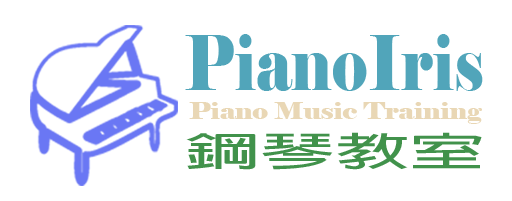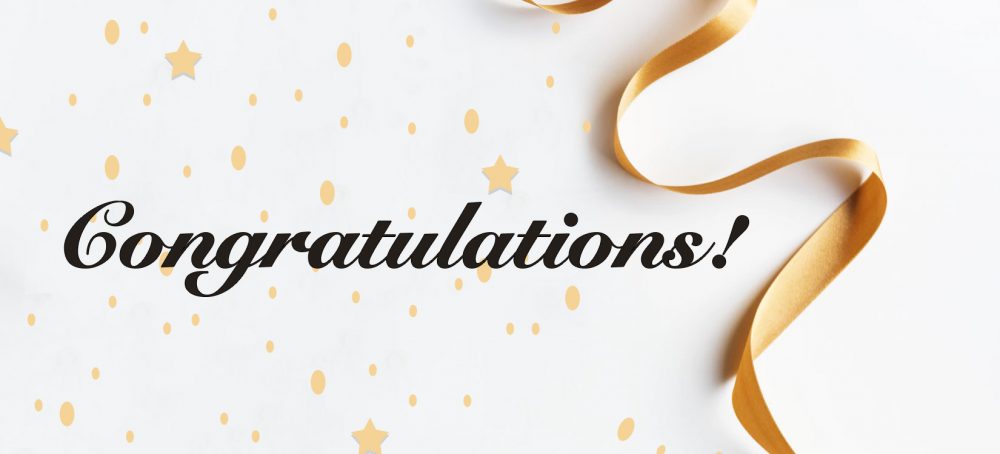- Home
- About me
- Course
- Portfolio
- Student Recitals
- Piano Recital2024
- 美樂薈音樂會2023
- Piano Recital 2022
- Piano Recital 2021
- 樂文滙師生音樂會2019
- 美樂貝卡師生音樂會2018
- IKA Students Recital 2017
- IKA Students Recital 2016
- Student Recital 2015
- Student Recital 2014
- Student Recital 2013
- Student Recital 2012
- Student Recital 2011
- Student Recital 2010
- Student Recital 2009
- Student Recital 2008
- Performance
- Students’ Performance
- Student Recitals
- Blog
- FAQ
- Contact us
- English

Is it more “beneficial” to learn to play piano at a younger age?
Many parents want to avoid their children lagging behind in the highly competitive society in the future. They often make children learn, cultivate their ability to work hard in all kinds of extracurricular activities, so as to enhance their childrens’ competitiveness, and even to let them have the “winning at the starting line” psychology. But talking about studying piano, is it more “beneficial” to learn to play piano earlier?
Some parents believe that they will have more time to train them if the children start to learn piano sooner, to so that they can reach the highest level and get higher accomplishments in the future. I have once received a question from a parent:
“My daughter is two years old now. Recently she went to the piano, noticed it and rushed to it immediately. She couldn’t wait to press the keys and it seemed as if she liked the piano very much. She was very interested in the piano. So I would like to inquire about your teaching time, we would like to learn the piano from you, Mr. Liang…”
The two or three year old children are curious, excited and interested in it when they see the piano that they never met before. Let the children touch the keys and listen if the piano sounds are good to them. It’s right to observe whether they are interested. However, does it mean that this is the time for them to start learning piano if you see the above reaction?
In fact, two or three year old children are not suitable to start learning piano as it is too early, that is because their hand muscles are not developed enough to cope with frequent piano exercises. Their hands and fingers are immature and frequent piano exercises would lead to pain in their forearm and wrist joints.
They also lack knowledge and experience and have no self-discipline. If they are forced to practice, the experience of pain during the piano exercises will not only make them lose their interest in piano, but will eventually lead to their resistance to learning and you will get half the results with twice the effort.
So what can the two or three year old child learn? They can listen to some simple sounds, listen to beats (ear training) or train singing to make them easier come into contact with music and improve their interest in music. If they gradually get more curious and interested in music, they will increase their interest in mastering the piano in the future and will need to continue to study music more deeply. First it is necessary to cultivate children’s interest in music and let them choose when they are able to have an independent opinion. It will make them not be able to resist practicing, and eventually they will stick to it and spontaneously seek higher achievements in piano learning.
Can four, five years old children or older start learning piano? Generally speaking, the best age for children to learn is about five years old. That is because children of this age have a certain knowledge base, mature mental development and self-discipline, and generally children’s music cognition is the strongest at this age as well as their potential of musical development is the strongest at this stage, which will make the piano learning have half the work, twice the effect. In fact, the development of every child is different, so the age of learning the piano is also different. Parents can evaluate their children first, for example, by observing whether the children can hold the pen in a correct and powerful posture, whether the muscles of the children’s hands can be controlled freely. That is because the fingers when playing the piano must stand steadily, and the keys should be pressed hard. Children with developed skeletons are suitable for playing the harp. In addition, the child’s character also affects the appropriate age to study the piano. Children who are self-disciplined, able to receive instructions, willing to listen to the opinions of other people are suitable for starting to learn piano. Serious, patient, calm and focused children are even more suitable.
Does one “suffer losses” more when starting to learn the piano later?
I have taught a lot of junior (eight or nine years old and above) or middle school students (eleven, twelve years old and above). Most of them are interested in piano and music. They have great interest and motivation in learning piano. Due to their higher self-discipline, higher cognitive ability in comparison with four, five year old students, and because they are relatively more patient, they absorb music knowledge quickly. Coupled with diligent practice, learning progress can be very fast. Some of my students finished the first class in eight to nine months, so one does not necessarily “suffer losses” more when starting to learn piano later. Maybe it is more “beneficial” to start learning piano a bit later.
Are adults too old to learn to play piano?
Many people think that learning to play piano should start from an early age. Adults are so big, their hands are so hard, these are not so soft as ones of children.
Can they still learn to play piano?
I have taught a lot of adult students, very few of them study because of their professional needs – apart from kindergarten teachers who must learn to play piano, most of the adult students learn piano because they are interested in playing piano. They are motivated by interest in learning piano, which allowea them to absorb and understand music knowledge quicker than children. Moreover, they often learn diligently. Although the muscles and bones of the hands have been developed, their hands are harder than ones of children. But if there is enough time to practice and cooperate, they will play piano not worse than children and have a good performance. I had an adult student who started from the initial stage of study and successfully got the 8th grade of the British Royal College piano exam after learning piano and practicing hardly for more than 5 years and almost 6 years.
Playing piano helps relieve pressure, adjust emotions, feelings can be expressed through music, so adults can be more absorbed than children when they play piano. I have an adult piano student who is studying piano not for a test, she has been practicing playing piano for 15 years. Her degree has already reached about the 8th level, but she still strives to practice piano and persists in learning the different concert pieces.
I used to teach piano introductory lessons for a short time. Once I got a man with stroke and to learn to play piano from me. His right middle finger’s function was not very smooth, and only his left hand movements were better. In a short 10 class course, I taught him to play the melodies of his favorite songs like “Laputa”《天空之城》, “Proud of You”《我的驕傲》, “Beautiful Flowers Blossom All Over”《 鮮花滿月樓》 and so on. After hard work, he was able to eventually pop up the songs he learned, even if he could not coordinate the simple accompaniment parts of the left hand that I taught, but he was full of joy and said he was going to show it to his old classmates.
There was also another adult student, a short term popular piano primer, who is a retired person now.
Her daughter learned to play piano when she was young, and emigrated to Canada when he grew up and married and she left the piano in Hong Kong. She had been retired for a long period of time and did not want to waste piano at home, so she came to learn a short course of piano with a total of 10 lessons. Her first lesson started with “zero” and she did not understand a single note. In the second lesson, she used only a short week’s practice to understand all the sounds on the score. In the tenth lesson, she learned to play the two side chorus of “Proud of You” 《我的驕傲》 and “Like you”《喜歡你》 and could fluently pop up her favorite Chinese folk song “Kangding love song” 《康定情歌》.
If an adult is studying carefully, if there is enough time to play piano in order to cooperate for the progress, get absorbed into the music, then one can also have outstanding performance playing piano. It is never late for those who have a mind to.



